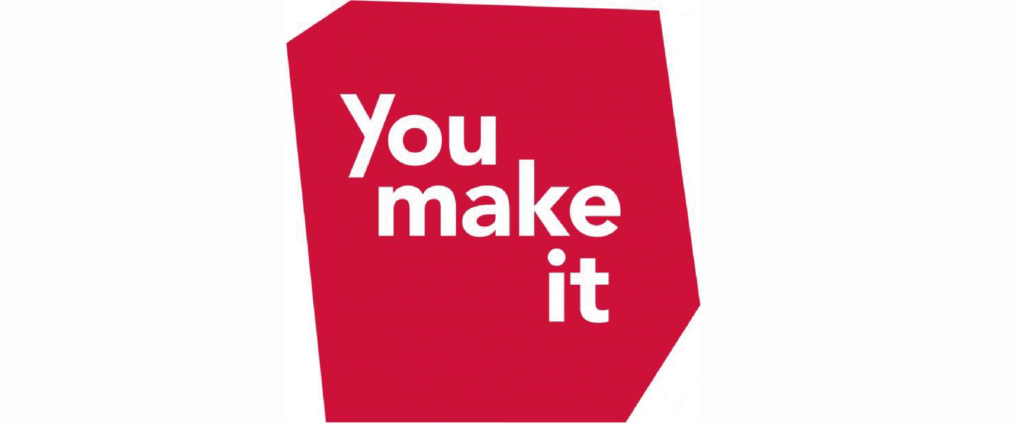Already a member? Sign in below

In London, women from all walks of life are taking back their ‘right to the city’.
Sitting around a boardroom table in a London skyscraper, a group of young women are rewriting Cinderella, the fairytale. In one version, Cinderella’s mother does not die – she walks out after a messy divorce. In another, Cinderella is Cinderman and looses his iPhone X, not a glass slipper. “Stories always have a woman as a damsel in distress, why not a man?” says Katy, co-author of Cinderman.
The creative-writing workshop is part of a six-month programme run by You Make It, which was set up in 2011 to help unemployed young women develop skills, networks and confidence and to find work.
Monica Hudiova, 22, writes about a “village girl” being jostled by commuters in a London railway station: “Someone might ask, what is a farm girl doing in a bus city? I dodge those that are too busy to look ahead”.
Priscilla Kessie, 29, has created the character Saskia, who is angry about injustice: “The world is meant to be my oyster!”.
It was anger at inequality that drove Asma Shah to found You Make It. The first years of her life were turbulent, her month fleeing a violent marriage and taking Ms Shah and her three sisters with her. “We were in a refuge, then we were brought up on a council estate and went to a terrible school,” she says.
Despite that, Ms Shah, who has help management positions at Channel 4, the Roundhouse and Creative Skillset, always believed she would go to university and get a good job. Yet, she says, many black and Asian working class women lack self-confidence and a sense of a “right to the city”.
Eighty per cent of the programme’s graduates are in work or further education. “It is about giving tools for employment but that it is secondary,” she says. “We address the stuff that really holds us back – [having] no confidence and no networks.”
Hera Williams, a softly spoken 31-year-old from Hackney, is enthusiastic about the results. The day before the workshop she was at the House of Commons at a women’s leadership event with her mentor, Andrea Corbett, a bodybuilder.
Ms Williams wants to set up an organisation using sport to develop girls’ confidence. She has been through multiple employment programmes as well as therapy. “I had kind of a breakdown,” she explains, matter-of-factly. “I was trying to get back on my feet. [Here] I’ve been given tools that I can actually use”.
For some women, the workshops feed directly into their career aspirations. Warda Mohamed, a Somali woman with thin-rimmed glasses and a serious expression, says she wants to be a film-maker.
“Well I am,” she corrects herself. “I have to start saying, ‘I am a film-maker’.” Ms Mohamed, 25, only started filmmaking in earnest this year, after leaving her job as a retail assistant. At home, her mother, an escort for children with special needs, and father, a security guard, are not encouraging her creative ambitions.” she says.
“They want to push me into something that makes money straight away, that helps them. But I’m saying, ‘Please have a little more patience. I’ll be there soon’.”
Layli Forudi, The Financial Times
Already a member? Sign in below
If your company is already a member, register your email address now to be able to access our exclusive member-only content.
If your company would like to become a member, please visit our Front Foot page for more details.
Enter your email address to receive a link to reset your password
Your password needs to be at least seven characters. Mixing upper and lower case, numbers and symbols like ! " ? $ % ^ & ) will make it stronger.
If your company is already a member, register your account now to be able to access our exclusive member-only content.